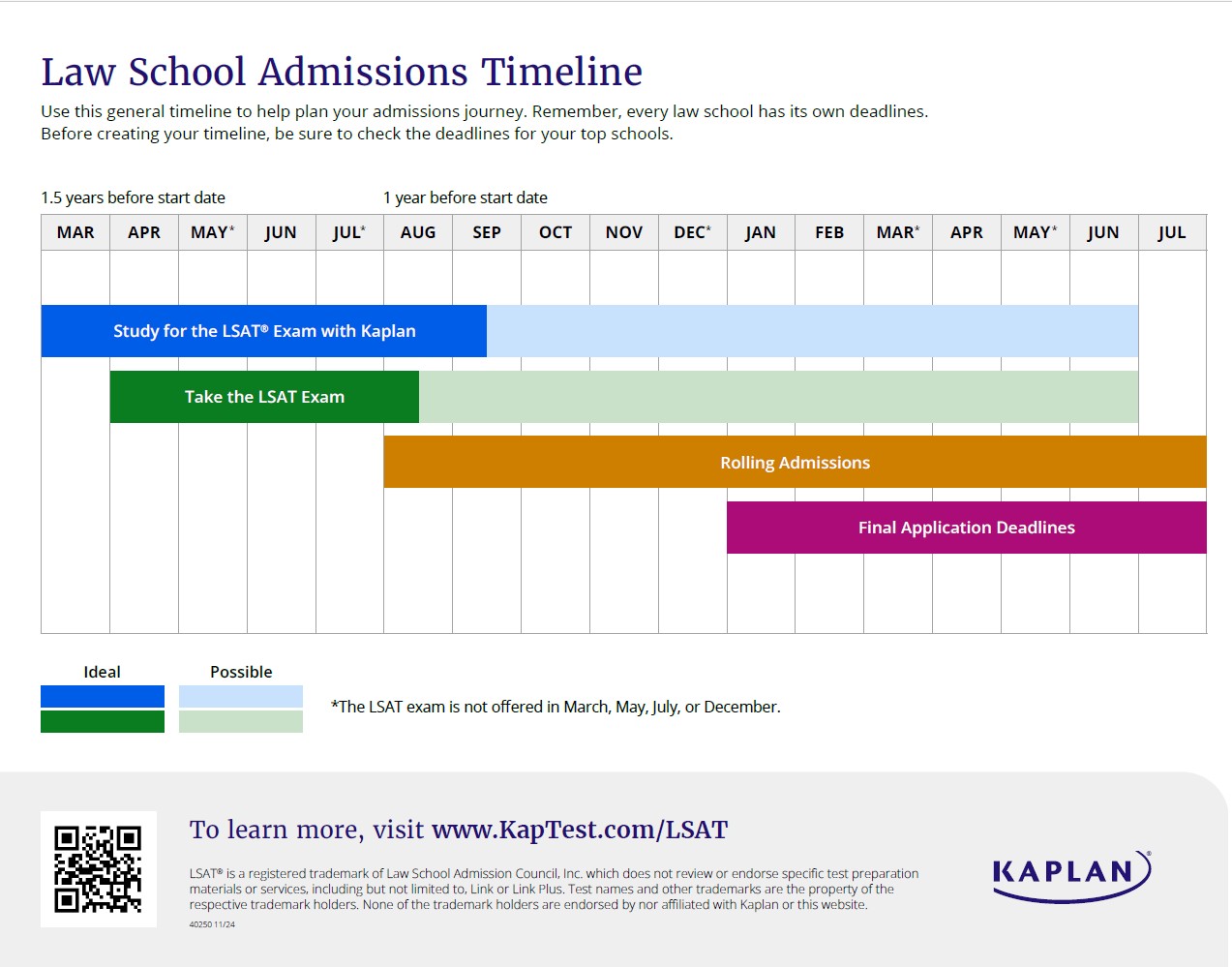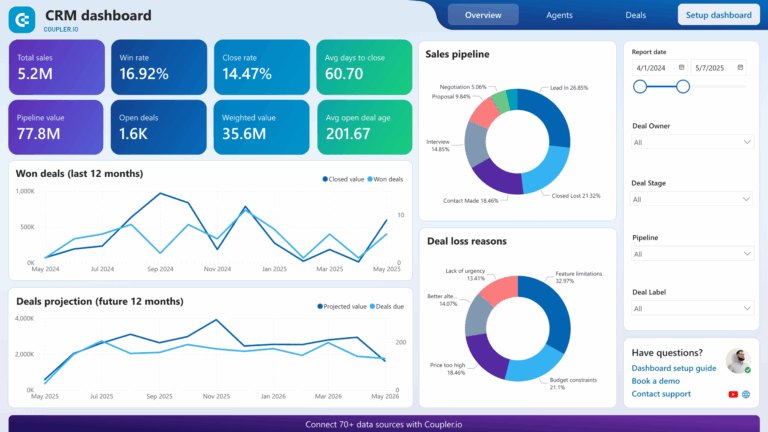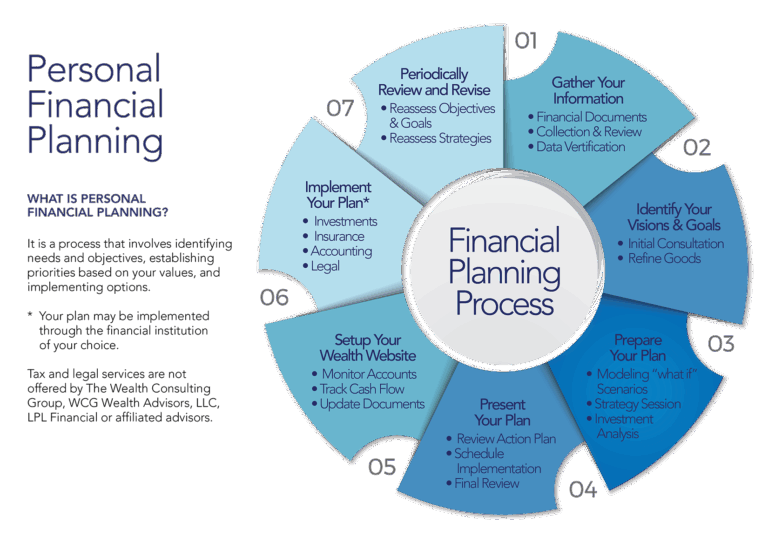Free Lsat Score Calculators: Our Top 5 Picks for 2025
Finding the Best Lsat Score Calculator: An Introduction
Finding the right LSAT score calculator can be a daunting task for prospective law students. With numerous online tools available, each claiming to provide accurate and insightful score conversions, it can be overwhelming to choose one that truly meets your needs. The LSAT, or Law School Admission Test, is a crucial component of law school applications, and understanding how your raw scores translate into scaled scores is essential for assessing your readiness for the exam and your chances of admission to your desired law school.
This article aims to simplify your search by reviewing and ranking the top LSAT score calculators available online. Our goal is to save you time and help you make an informed decision about which tool to use as you prepare for this important test.
Criteria for Ranking
To ensure that our rankings are both helpful and reliable, we evaluated each calculator based on several key criteria:
- Accuracy: We examined how well each tool converts raw scores to scaled scores, taking into account the varying difficulty levels of different LSAT administrations.
- Ease of Use: User experience is crucial when selecting an online tool. We assessed how intuitive and straightforward each calculator is to navigate.
- Features: Additional functionalities, such as score tracking, performance analysis, and comparison with percentile ranks, were considered to determine the overall value of each calculator.
By focusing on these criteria, we provide a comprehensive overview of the best LSAT score calculators, enabling you to select the tool that best aligns with your preparation strategy and goals.
Our Criteria: How We Selected the Top Tools
Accuracy and Reliability
One of the foremost criteria for selecting an LSAT score calculator is its accuracy in converting raw scores to scaled scores. Since LSAT scores are critical for law school admissions, it is essential that the calculators use up-to-date conversion tables provided by the Law School Admission Council (LSAC). A reliable tool should also account for the variations in difficulty between different test administrations, ensuring that the conversion reflects true performance.
Ease of Use
A good LSAT score calculator should be user-friendly, allowing users to input their scores effortlessly. The interface should be intuitive, enabling both novice and experienced test-takers to navigate the tool without confusion. Clear instructions and a straightforward design can significantly enhance the user experience, making it easier for students to focus on their preparation rather than on the tool itself.
Key Features
When evaluating LSAT score calculators, we looked for essential features that enhance their functionality. The following inputs are crucial for a comprehensive scoring experience:
– Raw Scores: Users should be able to input the number of correct answers for each section (Logical Reasoning, Reading Comprehension, etc.).
– Scaled Score Output: The tool should provide the corresponding scaled score (ranging from 120 to 180) based on the inputted raw scores.
– Percentile Rank Information: Including percentile ranks gives users context regarding their performance relative to other test-takers.
– Score Conversion Tables: Access to conversion tables helps users understand how their raw scores translate into scaled scores, accounting for test difficulty.
Cost (Free vs. Paid)
Cost is another vital factor in selecting LSAT score calculators. Many high-quality calculators are available for free, making them accessible to a wide range of users. However, some paid options may offer additional features, such as personalized analytics, detailed performance insights, or integration with broader LSAT preparation resources. We considered both free and paid tools, ensuring that users have access to effective options regardless of their budget.
Additional Resources
In addition to the basic score calculation features, the best LSAT score calculators should provide supplementary resources to aid in preparation. This can include practice tests, study tips, and performance tracking, helping users maximize their study efficiency and improve their scores over time. A tool that offers these additional resources can be particularly beneficial for users aiming for top law schools.
User Reviews and Reputation
Finally, we also took into account user reviews and the reputation of the tools within the LSAT preparation community. Tools that have garnered positive feedback for their effectiveness, accuracy, and user support were prioritized in our selection process. This qualitative data helps ensure that the recommended calculators are not only functional but also trusted by those who have used them.
The Best Lsat Score Calculators of 2025
Could not retrieve enough information to build a top list for lsat score calculator.
How to Get the Most Accurate Results
Double-Check Your Inputs
When using an LSAT score calculator, accuracy begins with the information you provide. Always double-check your raw scores for each section before hitting “calculate.” The LSAT consists of multiple sections, and each section has its own maximum number of questions. Make sure you enter the correct number of questions answered correctly in each section to avoid skewed results. An incorrect input can lead to a misleading scaled score, which may impact your preparation strategy and law school application decisions.
Understand the Underlying Assumptions
LSAT score calculators often rely on standardized conversion tables that account for the varying difficulty levels of different test administrations. It’s essential to understand that the conversion from raw scores to scaled scores may not be uniform across all LSAT tests. Different tests might yield different results even with the same raw score due to factors like question difficulty and test conditions. Familiarize yourself with how the calculator you are using interprets these conversions to ensure you are making informed decisions based on your results.
Use Multiple Tools for Comparison
No single score calculator may provide a complete picture of your performance. To achieve the most accurate results, consider using multiple LSAT score calculators. Different tools may offer varied insights and methodologies for score conversion. By comparing results from several calculators, you can get a broader understanding of where you stand in relation to your goals. Additionally, this approach may help you identify trends in your performance that could be missed when relying on a single source.
Take Practice Tests Under Real Conditions
To get the most out of any LSAT score calculator, simulate real test conditions when taking practice exams. This means timing yourself and adhering to the same rules you will face on test day, such as no breaks and no outside materials. After completing the practice test, use the calculator to convert your raw scores accurately. This practice will not only help you become familiar with the test format but also ensure that the scores you input into the calculator reflect your actual test readiness.
Analyze Your Results
Once you have your scaled score, take the time to analyze it thoroughly. Look beyond the number and consider your performance across different sections. Identify areas where you excelled and those where improvement is needed. Many LSAT score calculators provide additional analytics or insights based on your scores, such as percentile ranks and comparisons with average scores. Use these insights to tailor your study plan effectively, focusing on weaknesses while reinforcing strengths.
Regularly Update Your Strategy
As you continue to practice and take full-length tests, revisit the score calculator regularly. Your performance will change as you improve, and recalculating your scores can help you track progress over time. Adjust your study strategies based on the feedback you receive from the calculators, ensuring that your preparation remains dynamic and responsive to your evolving needs.
By following these guidelines, you can maximize the benefits of LSAT score calculators and enhance your preparation for this crucial exam.
Frequently Asked Questions (FAQs)
1. What is an LSAT score calculator?
An LSAT score calculator is an online tool that helps test-takers convert their raw scores (the number of questions answered correctly) into scaled scores, which range from 120 to 180. This conversion accounts for variations in test difficulty across different LSAT administrations, allowing students to understand how their performance translates into a score that law schools consider during admissions.
2. How do I use an LSAT score calculator?
To use an LSAT score calculator, you typically need to input your raw scores for each section of the LSAT. Most calculators will require you to enter the number of correct answers for the Logical Reasoning and Reading Comprehension sections. Once you input this information, the calculator will provide you with your corresponding scaled score and sometimes additional insights, such as your percentile rank.
3. Why are LSAT scores important for law school admissions?
LSAT scores are crucial for law school admissions as they provide a standardized measure of a candidate’s reading comprehension, logical reasoning, and critical thinking skills. Law schools use these scores to objectively compare applicants, and a higher score can significantly enhance an applicant’s chances of admission, especially to competitive programs. Generally, a score above 160 is considered good, while scores above 170 are deemed excellent.
4. Can I trust the results from an LSAT score calculator?
Yes, reputable LSAT score calculators utilize established conversion tables provided by the Law School Admission Council (LSAC). These calculators are designed to reflect the most current scoring methodologies and account for variations in test difficulty. However, it’s essential to ensure that you are using a reliable calculator from a trusted source to obtain accurate results.
5. How often should I use an LSAT score calculator during my preparation?
It is beneficial to use an LSAT score calculator regularly throughout your preparation. After each practice test, you should convert your raw scores into scaled scores to track your progress and identify areas for improvement. This practice will help you set realistic goals and adjust your study strategies based on your performance trends over time.
Important Disclaimer
⚠️ Important Disclaimer
The information and reviews in this guide are for educational purposes only and are based on publicly available information. We are not affiliated with any of the tools mentioned. Features and pricing may change. Always conduct your own research before choosing a tool for your needs.




